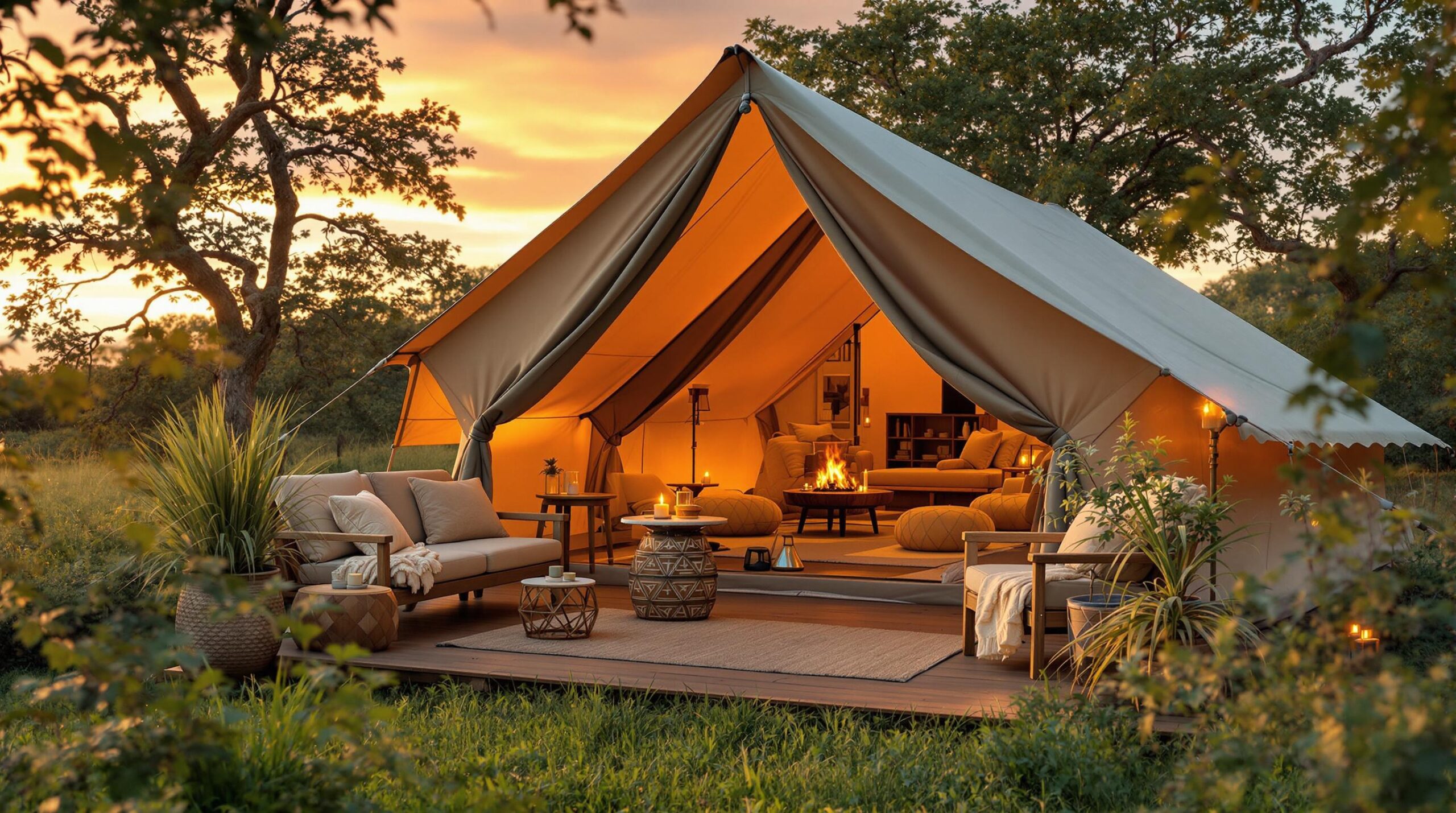Natural Selection has announced plans to open a new six-room safari camp, Nkasa Linyanti, in Namibia’s Zambezi Region in May 2026.
The camp will be situated on Nkasa Island, within Nkasa Rupara National Park, and is set to operate on a private concession surrounded by the Kwando, Selinda, and Linyanti river systems.
The location is part of the Kavango-Zambezi Transfrontier Conservation Area (KAZA TFCA), a region of ecological importance that supports significant populations of regional wildlife.
The area experiences annual floodwaters from Angola, creating a dynamic wetland environment that has been compared to the Okavango Delta in terms of biodiversity and ecological function.
Nkasa Linyanti will be the only camp on the island, forming part of broader conservation efforts within the park.
According to a report by Daily Southern & East African Tourism Update, it will feature six tented suites elevated above the floodplain to reduce environmental impact.
These suites will connect to a central dining and lounge area via raised pathways. Additional amenities will include a fire pit, swimming pool, and bar.
The entire facility is planned to operate on solar power and will include water treatment systems to further reduce its ecological footprint.
“This park provides a crucial corridor for regional elephant movement and supports breeding herds of buffalo, the full carnivore guild and an incredible diversity of species within its savannah, riverine and wetland habitats,” said Jennifer Lalley, co-founder and chief impact officer at Natural Selection.
“Its position in the very centre of an important transboundary conservation area means that it’s protection, or lack of protection, has cascading effects on all surrounding areas. It is for this reason that we are investing here and devoting a significant portion of our conservation funds to support the park’s warden and rangers.”
Access to the camp will be available by both air and road. FlyNamibia offers flights from Windhoek to Katima Mulilo and Maun, from which guests can arrange light aircraft charters to Lianshulu Airstrip, followed by road transfers.
Road transfers from Katima Mulilo, Kasane, and Victoria Falls will also be available. For those opting to self-drive, access will be possible up to the park entrance, with game drive vehicles providing the final leg of the journey to the camp.
For business owners in the outdoor hospitality sector, this development highlights the growing emphasis on eco-sensitive tourism infrastructure within protected areas.
It reflects a broader trend where operators are prioritising sustainability and conservation partnership models.
Nkasa Linyanti’s integration into transboundary conservation efforts and commitment to low-impact design could serve as a case study for operators exploring expansion in ecologically sensitive or cross-border conservation zones.


